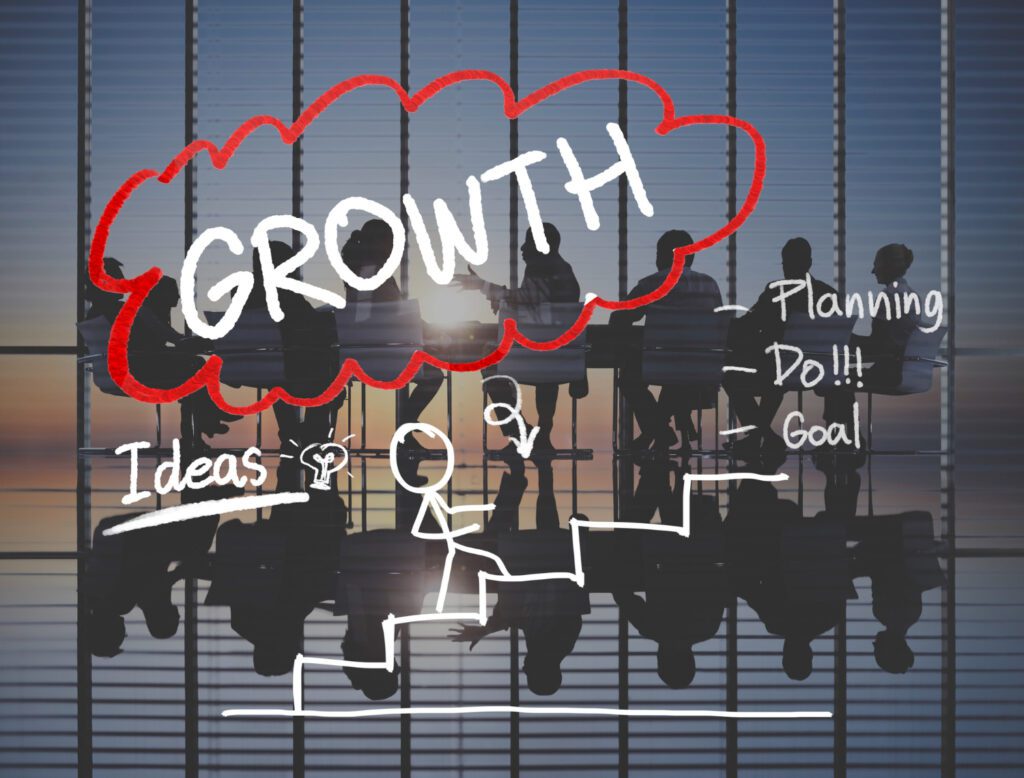Top B2B Demand Generation Trends & Practices for 2023″ is a critical topic in the ever-evolving world of business-to-business (B2B) marketing. Demand generation is the process of creating interest and awareness in your products or services to drive potential customers down the sales funnel. In 2023, several key trends and best practices are shaping the B2B demand generation landscape. In this article, we’ll explore these trends and practices in detail.
B2B Demand Generation Trends & Practices
1. Content Personalization and Customization:
- Personalization continues to be a driving force in B2B marketing. In 2023, businesses are investing heavily in creating personalized content experiences for their target audience. This involves tailoring content to specific industries, job roles, pain points, and interests.
- AI-driven tools and algorithms help analyze data and user behavior to recommend relevant content. Personalized emails, product recommendations, and website experiences are becoming the norm.
2. Account-Based Marketing (ABM):
- ABM is a highly targeted approach where marketing and sales teams collaborate to target specific key accounts. It’s not a new concept, but it’s evolving rapidly.
- In 2023, AI and machine learning are being used to identify high-value accounts more effectively. Content and messaging are also personalized for each targeted account.
- ABM aligns marketing efforts with the sales process, resulting in higher conversion rates and ROI.
3. Video Marketing:
- Video continues to dominate the content landscape. In B2B, video is used for product demonstrations, customer testimonials, webinars, and more.
- Live video and interactive content (like polls and Q&A sessions) are gaining traction. These formats foster engagement and build stronger connections with the audience.
- With the rise of virtual events and webinars, video is a crucial tool for demand generation.
4. Conversational Marketing:
- Chatbots, AI-driven chat interfaces, and live chat support are becoming staples of B2B websites. They provide real-time engagement and assistance to visitors.
- Conversational marketing is not limited to text; voice and video conversations are also on the rise.
- Automated chatbots can qualify leads, schedule meetings, and provide immediate responses, enhancing the customer experience.
5. Social Selling and Influencer Marketing:
- B2B companies are leveraging social media platforms to engage with prospects and customers directly.
- Sales teams are encouraged to establish a strong online presence and build relationships with potential buyers on platforms like LinkedIn.
- Influencer marketing is expanding in B2B, with industry experts and thought leaders endorsing products and services.
6. Data-Driven Decision Making:
- Data analytics and AI-powered insights are at the heart of modern demand generation strategies.
- Businesses are collecting and analyzing data from multiple sources to gain a deeper understanding of their audience’s behavior and preferences.
- Predictive analytics help identify the most promising leads, allowing for more targeted marketing efforts.
7. Privacy and Compliance:
- Data privacy regulations like GDPR and CCPA are becoming stricter, and businesses must ensure compliance.
- Ethical data usage and transparent communication with customers are critical.
- B2B marketers are focusing on permission-based marketing and respecting customers’ data preferences.
8. SEO and Content Strategy:
- Search engine optimization (SEO) remains a foundational element of demand generation.
- B2B companies are investing in comprehensive content strategies that include blogs, whitepapers, eBooks, and more.
- Long-form, in-depth content is favored by search engines and can position businesses as industry leaders.
9. Marketing Automation and CRM Integration:
- Marketing automation platforms and customer relationship management (CRM) systems are more integrated than ever.
- Automated workflows streamline lead nurturing and scoring, ensuring that the right content is delivered at the right time.
- CRM data helps marketers track leads through the sales funnel and personalize interactions.
10. Sustainable and Purpose-Driven Marketing:
- Sustainability and corporate social responsibility (CSR) are becoming key drivers of brand perception.
- B2B companies are incorporating sustainability initiatives into their marketing strategies to resonate with socially conscious buyers.
- Purpose-driven marketing communicates a company’s values and mission, creating a deeper connection with customers.
11. Multi-Channel Marketing:
- B2B demand generation is no longer limited to a single channel. It involves a combination of email marketing, social media, paid advertising, content marketing, and more.
- A consistent and coordinated approach across multiple channels ensures a broader reach and higher engagement.
12. Customer-Centric Marketing:
- Putting the customer at the center of marketing efforts is a timeless trend. In 2023, businesses are intensifying their efforts to understand customer pain points and provide solutions.
- Customer feedback and reviews play a significant role in shaping marketing strategies and product development.
13. Remote Work and Virtual Events:
- The shift to remote work has transformed B2B events. Virtual conferences, webinars, and workshops are now standard.
- Demand generation strategies include promoting and hosting virtual events to engage with a global audience.
14. Agile Marketing:
- Agile methodologies, borrowed from software development, are gaining traction in marketing. Teams are adapting to changing market conditions and customer feedback more rapidly.
- Shorter planning cycles and frequent adjustments improve responsiveness.
15. Employee Advocacy:
- Employees are valuable assets in demand generation. B2B companies encourage employees to share company content and participate in thought leadership efforts.
- Employee advocacy enhances brand credibility and extends reach.
In conclusion, B2B demand generation in 2023 is characterized by a dynamic landscape, driven by personalization, technology integration, and a commitment to customer-centricity. To succeed in this environment, B2B marketers must stay agile, embrace emerging technologies, and prioritize data-driven decision-making. As the year progresses, these trends and practices will continue to evolve, shaping the future of B2B demand generation.

